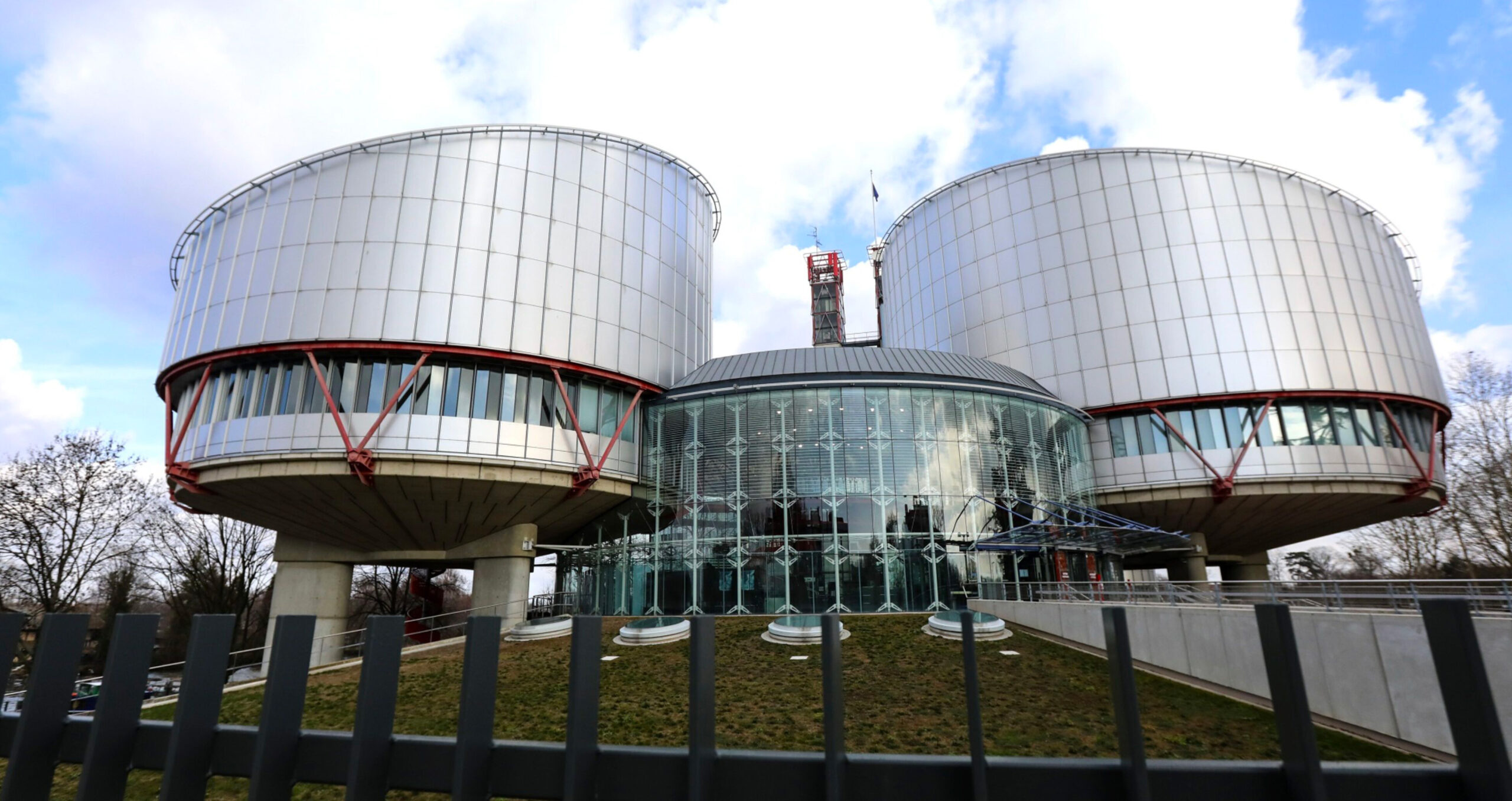
Rights of future generations increasingly invoked in climate legal cases

Litigation triggered by generational concerns about climate change is set to rise as courts are asked to consider the rights of different age groups in the face of climate impacts.
Younger and senior claimants are becoming more commonplace in courtrooms as legal frameworks across the world evolve to incorporate climate impacts in existing laws and constitutions. Two of several climate cases being heard by the European Court of Human Rights have a generational angle, while the US has seen a rise in youth activist cases regarding state constitutional rights to a healthy environment.
“I have no doubt we will see more intergenerational lawsuits – whether independently or perhaps together, with different generations supporting each other, such as grandparents and grandchildren bringing a joint claim,” says Marc Willers, barrister at London-based law firm Garden Court Chambers.
In the pending ECtHR case, KlimaSeniorinnen vs Switzerland, Willers is representing a group of elderly Swiss women who are suing the Swiss government over its inaction on climate change. The women argue that heatwaves, exacerbated by climate change, are threatening their health and say the government should take adequate climate policy measures.
While the case progresses through the court, Switzerland recently held a referendum backing the ratification of a net zero climate law. While the new law will require companies to take into account Scope 1 and Scope 2 emissions, Willers says it won’t change the remit of the KlimaSeniorinnen case.
“[The referendum] enshrines the 2050 target in law but doesn’t address our case, which is very much based on the need to make rapid reductions in greenhouse gas emissions, and Switzerland’s failure to reduce emissions in the near term by 2030,” he told Sustainable Views.
New UN-backed soft law
Meanwhile, a set of legal principles aimed at codifying the rights of future generations was launched in New York last week, with potential repercussions for generational climate lawsuits.
The Maastricht Principles on the Human Rights of Future Generations provide an overview of international law in relation to the human rights of generations that have not yet been born.
The framework is backed by experts in the field and the UN special rapporteur on human rights and the environment, David Boyd. One of its main premises is that the existing body of human rights legislation does not include “temporal limitations”, meaning its legal foundations could also be applied to issues impacting future generations.
This element provides an opportunity to expand the topic of climate change in the way it relates to human rights, says Carroll Muffett, president and CEO of the non-profit Center for International Environmental Law, who was involved in the making of the principles.
Despite the framework’s non-binding nature, Muffett expects it to have a significant impact on climate litigation. The principles could constitute an “extremely powerful tool” for claimants and authorities in ongoing climate lawsuits, given they connect existing human rights laws, treaties and constitutions while also considering climate implications, he says.
“Impairing the ability of future generations to prevent and respond to climate change” is one example of a potential violation of the human rights of future generations listed in the principles.
Muffett considers a rise in generational climate lawsuits an “irreversible phenomenon”, and highlights the likely expansion of constitutional rights to incorporate the right to a healthy environment and to consider the rights of future generations.
The latter are part of a wider evolution in international law, whereby an increasingly holistic approach is taken in linking the field of human rights with that of nature, similar to the way in which nature has been associated with the rights of indigenous people.
Upcoming cases
The second generational climate case in the ECtHR is the Duarte Agostinho lawsuit filed by six Portuguese youth against 33 countries, which are accused of failing in their human rights obligations by not setting Paris-aligned climate targets.
Margherita Cornaglia, barrister at Doughty Street Chambers in London, who is involved in the case, explains the court is being asked to consider the extent to which climate change interferes with human rights.
A hearing in front of the ECtHR is scheduled for September. Cornaglia expects it to attract lots of attention, with the rumoured attendance of Greta Thunberg and other climate activists.
Such cases tend to carry a strong message, which goes beyond the scope of the lawsuit itself, and push the dial on political decision-making, Cornaglia adds. Whether they will be successful in court remains to be seen, but they pressure governments to consider the obligations they have towards citizens, and young people specifically, she says.
Both the Duarte Agostinho and Swiss cases, regardless of the outcome, will galvanise young and old to bring human rights claims, says Willers at Garden Court Chambers.
He also expects younger and older generations to file domestic lawsuits challenging administrative decisions on projects and policies related to climate change, especially if people see the impacts of such cases beyond the courtroom.
Although he cannot say for sure whether the KlimaSeniorinnen case influenced the referendum in Switzerland, Willers references the Dutch and German governments’ decisions to take further steps to tackle climate change after they lost similar cases in domestic courts (the Urgenda and Neubauer cases respectively).
Outside Europe, last month’s trial of a youth-led climate lawsuit in the US state of Montana saw 16 youths argue that their constitutional rights had been violated by state support for fossil fuels.
Like some other US states, Montana recently amended its environmental policy act to prohibit the consideration of climate factors in permitting decisions, as part of the pushback by certain Republican policymakers against ESG. The ban was enacted despite a reference in the state’s constitution to environmental protections, such as the right to a clean and healthy environment. A ruling is expected in the coming weeks.
The Montana case could set a precedent for another case coming up for trial in the US, in which 14 youths accuse Hawaii’s transport department of emitting high levels of greenhouse gas emissions, also threatening their constitutional right to a healthy environment.
And cases in Europe and the US are having a ripple effect. Earlier this year, Chile and Colombia asked the Inter-American Court of Human Rights to clarify, in an advisory opinion, the scope of state obligations in responding to the climate emergency. Back in 2018, the IACtHR became the first court to formulate in an advisory opinion that the right to a healthy environment is a human rights issue.
Similar Articles

Farmland investment and ‘green grab’ threatens food security

In Brief: US EPA issues final methane emissions reporting rule; Australia publishes ‘Future gas strategy’


